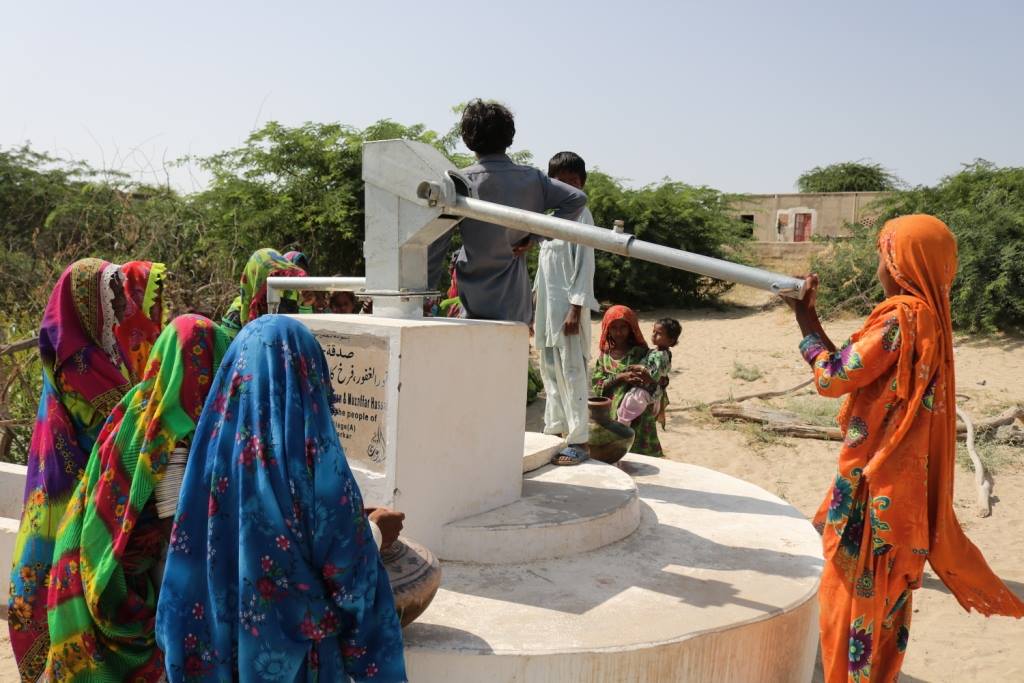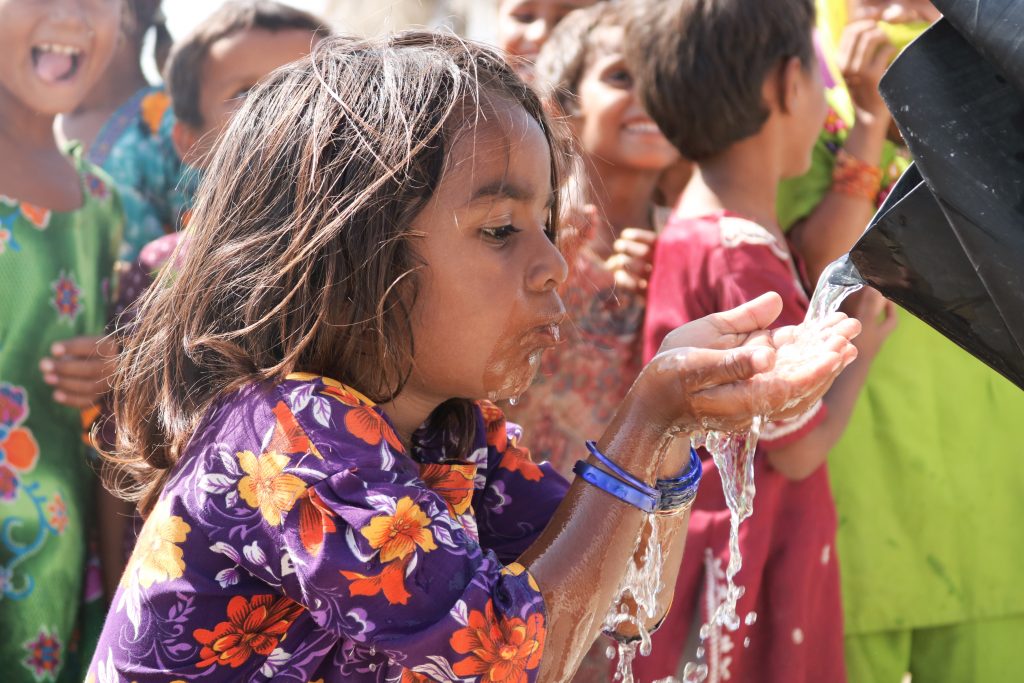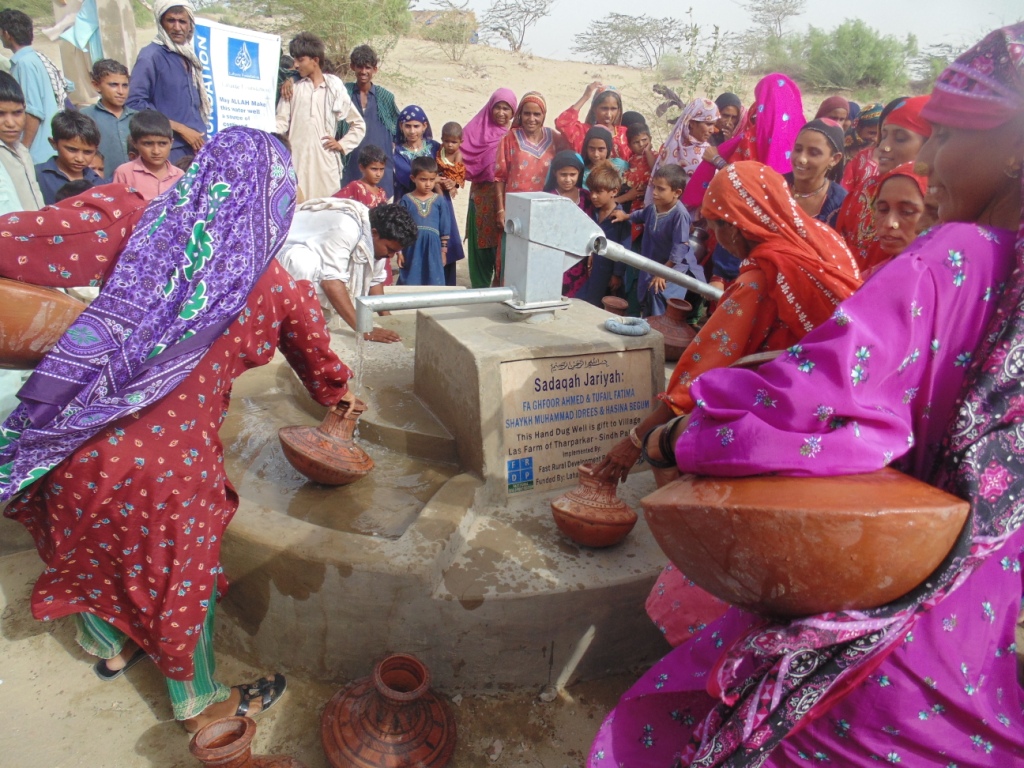Gift of Water
Sponsor a Water Well in your loved one’s name
archives
FAQ
Most frequent questions and answers
Yes, you may request any personalized dedication plaque. From the archives of some of the completed projects you can see a steel engraved plaque on the waterwells, stating the dedication name and the logos of the organization/s involved in its contruction. We have had requests for special duas or ayat (Quranic verses) to be engraved along with the name of a deceased parent. We are honored in having a hand in this dedication to a loved one.
The goal in identifying the appropriate location for a water well is to aim for at least 5 year well life. However, as you can imagine the geography and weather conditions impacts the longevity of the well besides the depth of the well and its usage. Thus, some water wells have a life well past 5 years and continue to date.
Yes of course. We understand the connection to a particular community/land and the need to give back to better their lives. Once you request, we will get back to you with an identified need in the area of your preference.
Please see the types of wells and their cost here.
Please see the types of wells and the time it usually takes to complete a project by clicking here.
We can relate to the fact that when one gives, one wants to see that giving reached the most deserving and achieved the desired goal. In this case, one wants to see that those in most need have the benefit of this giving and the purpose of providing them water is achieved. We share feedback that shows the whole process of well making from surveying the area, engaging the community, hygiene education to the various stages of construction through completion with your dedication plaque visible. You will receive the progress on the entire process involved to the most gratifying event of community benefitting from your act of generosity and empathy.
You can see the process feedback under ‘the process’ in the menu.
Sa’d ibn ‘Ubadah reported: I said, “O Messenger of Allah, my mother has died. Shall I give charity on her behalf?” The Prophet (Mohammad), peace and blessings be upon him, said, “Yes.” I said, “Which charity is best?” The Prophet said, “A drink of water.”
Source: Sunan al-Nasā’ī 3664
Grade: Hasan (fair) according to Al-Albani
Plant Good
Prophetic hadith
the process
village survey
The work must begin by identifying the areas with the most need. Field workers visit the villages to ascertain the ground realities.
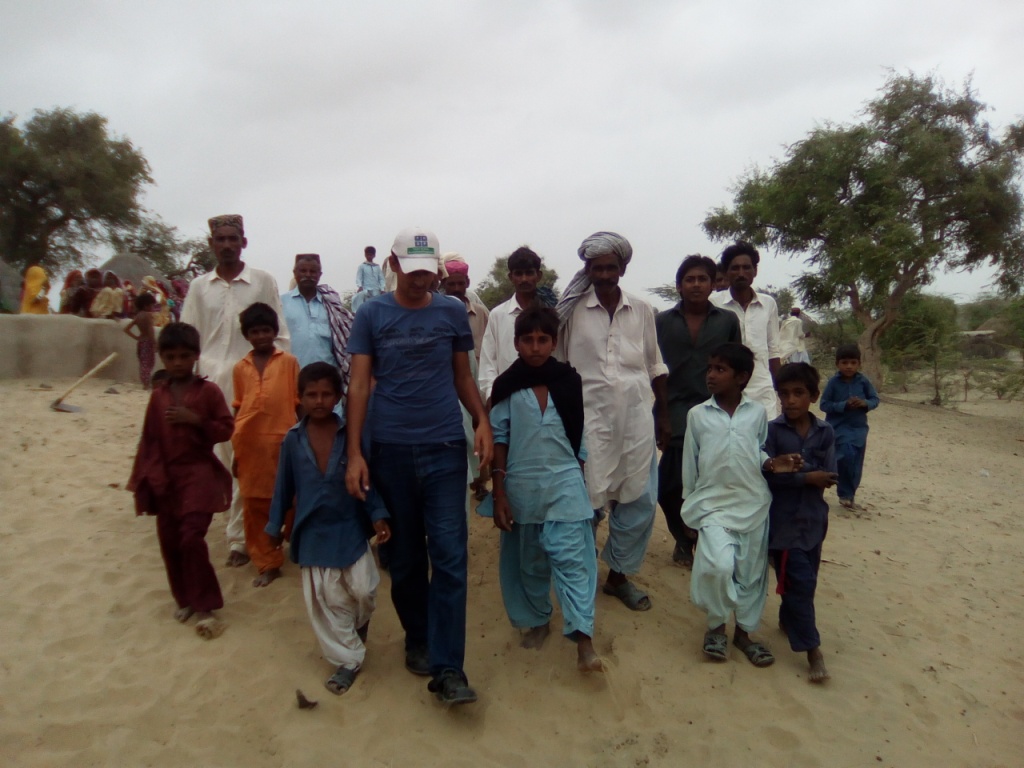
community engagement
Community engagement matters. To build trust, understand the needs better and ensure we become a means of benefit not harm.
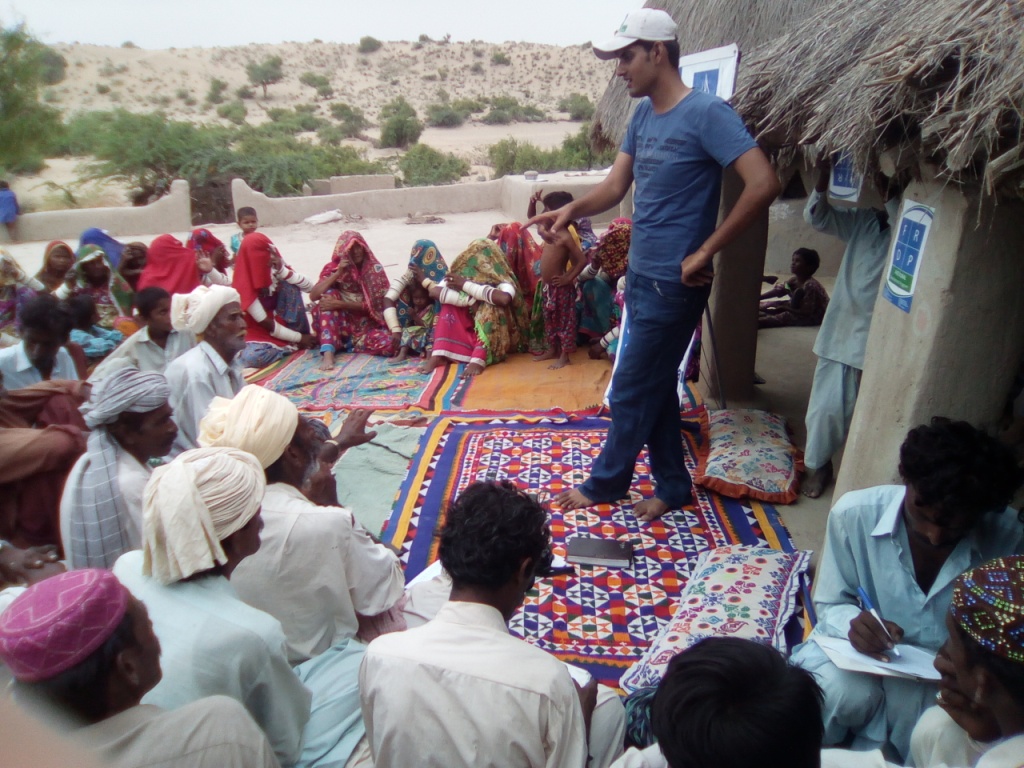
hygiene education
Good hygiene leads to better health. Important hygiene behaviors are difficult to practice without the right knowledge and skills. We take this opportunity to educate.
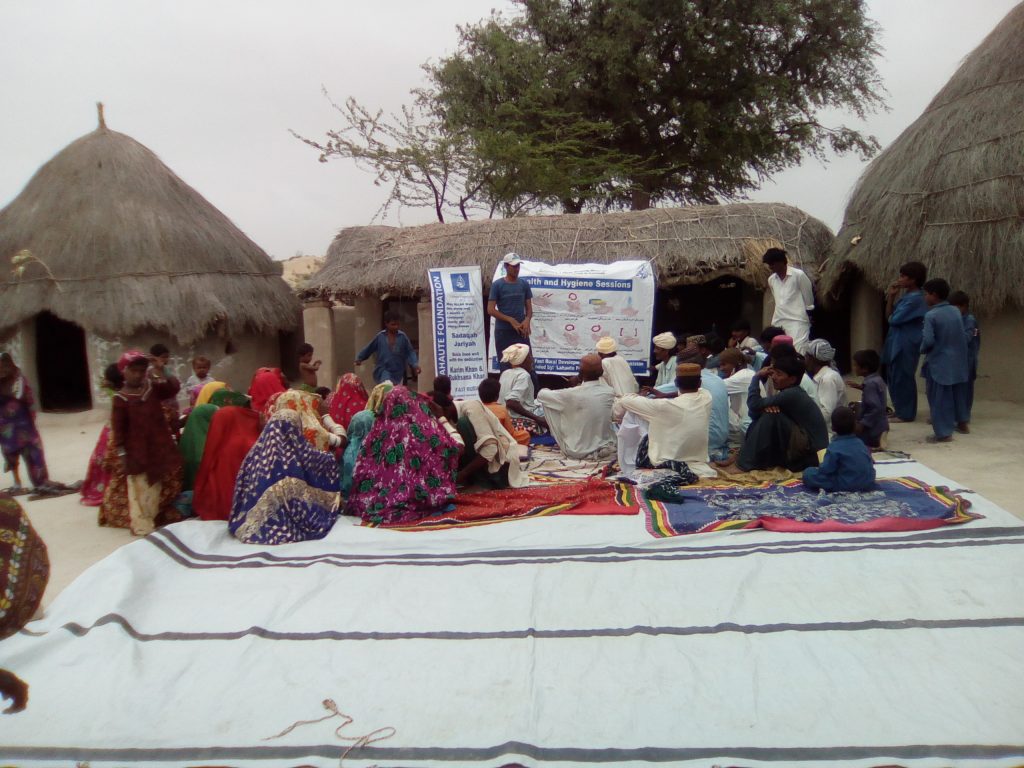
site selection
I am text block. Click edit button to change this text.
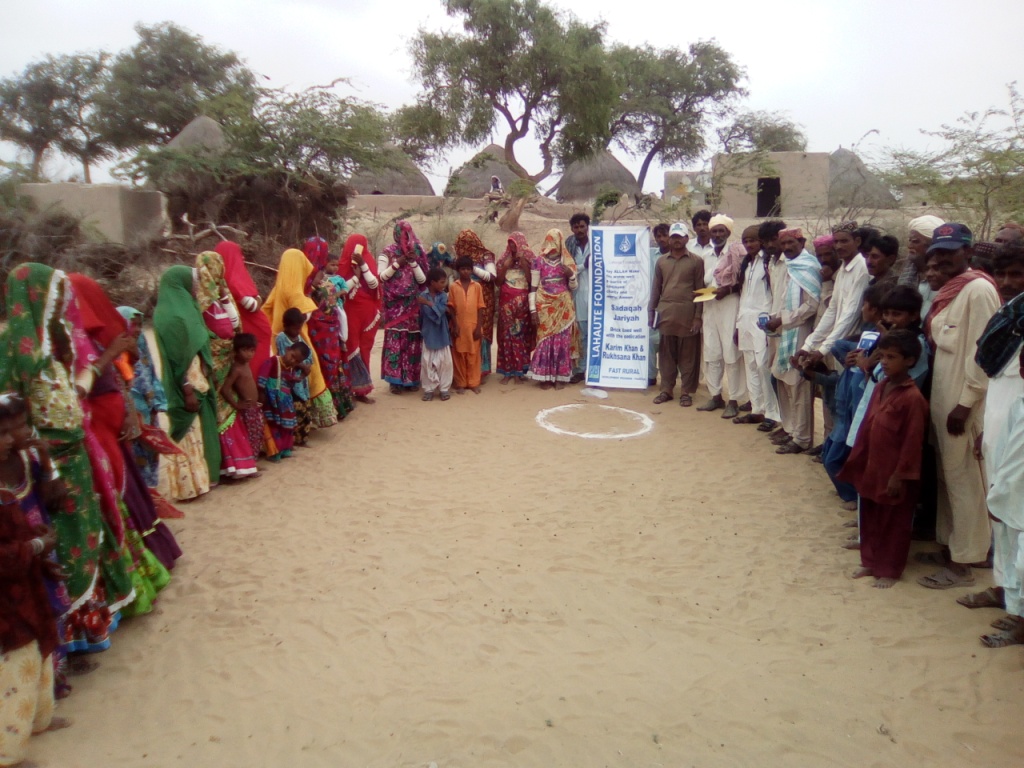
ground breaking
I am text block. Click edit button to change this text.
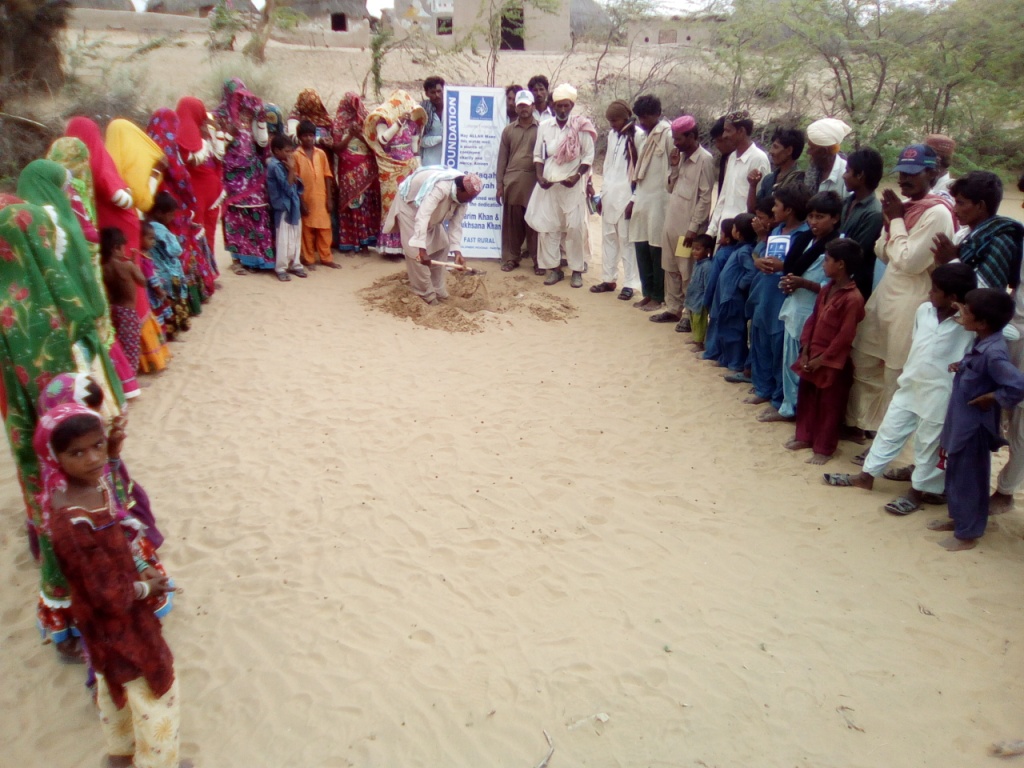
construction work
I am text block. Click edit button to change this text.
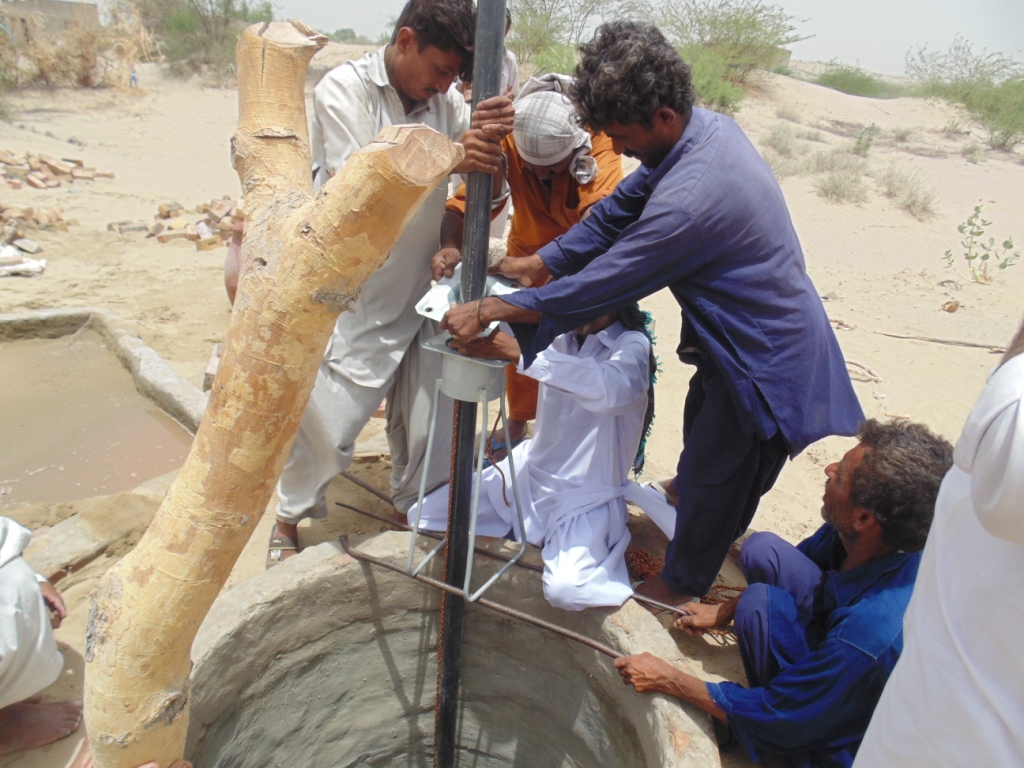
completion & hand over
I am text block. Click edit button to change this text.
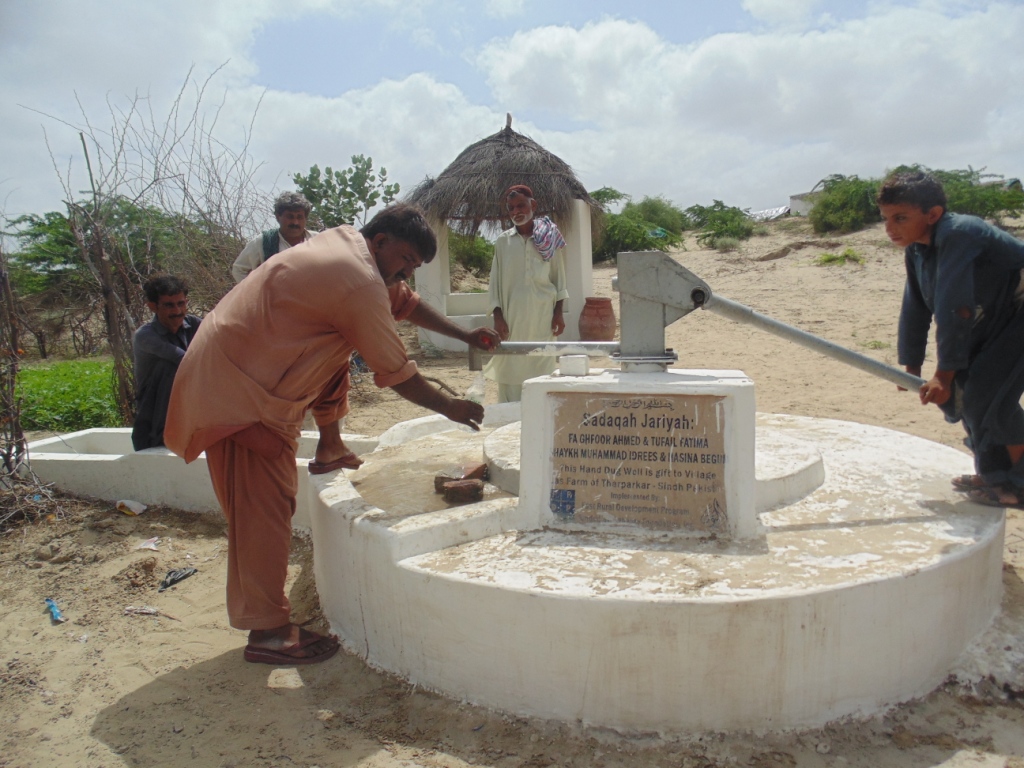
monitoring
I am text block. Click edit button to change this text.
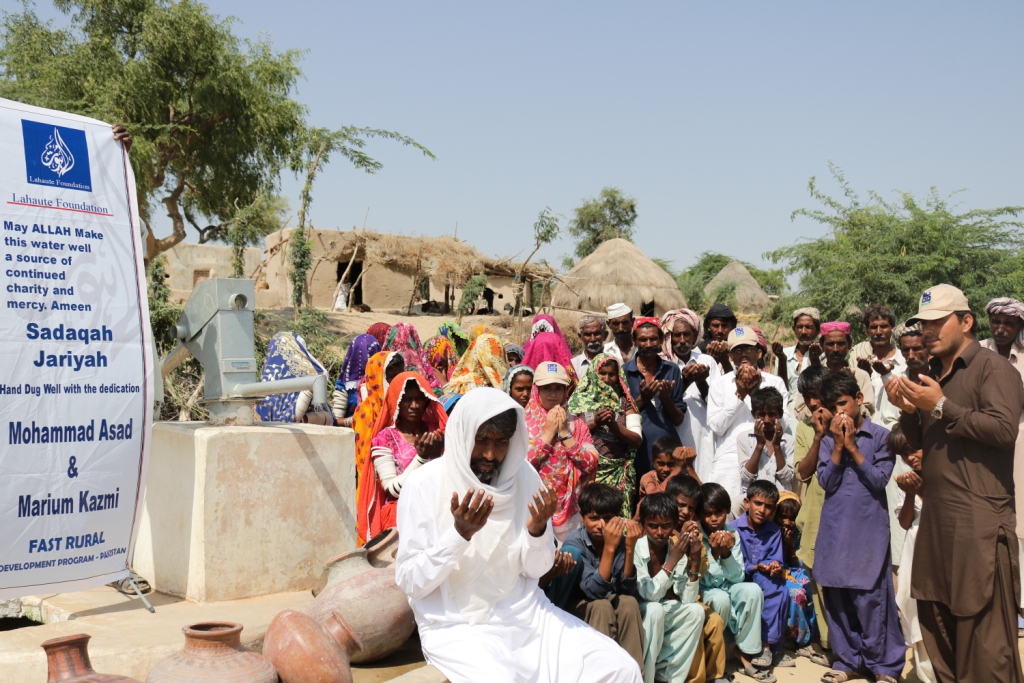
continued charity
I am text block. Click edit button to change this text.
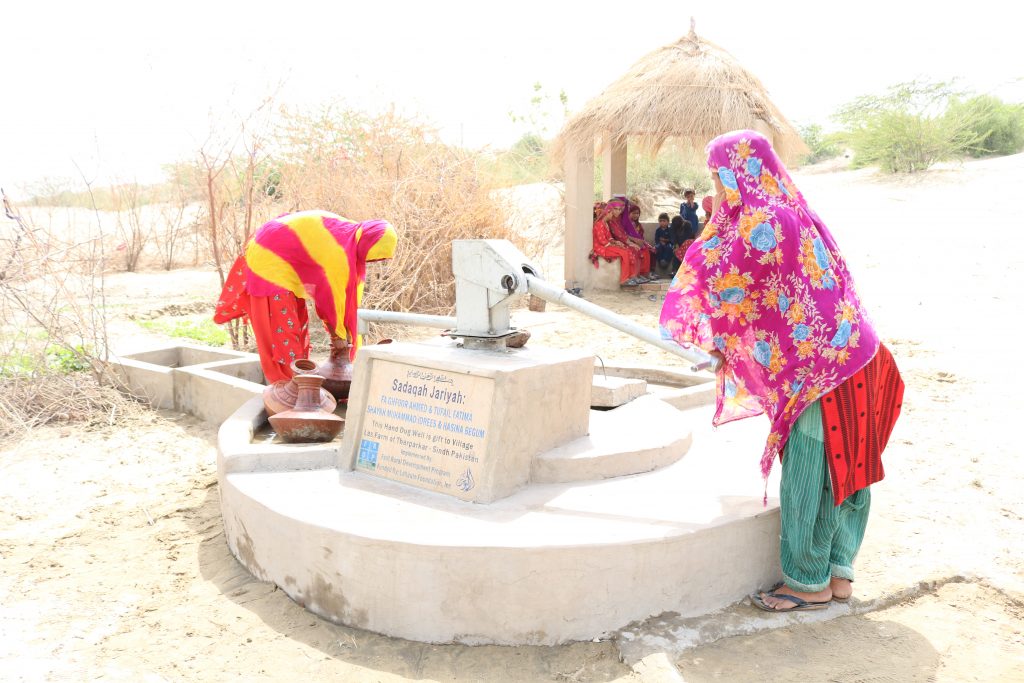
types of waterwells and their costs
community handpump
Serves 120-150 people
Construction 3 months
Cost: USD 600
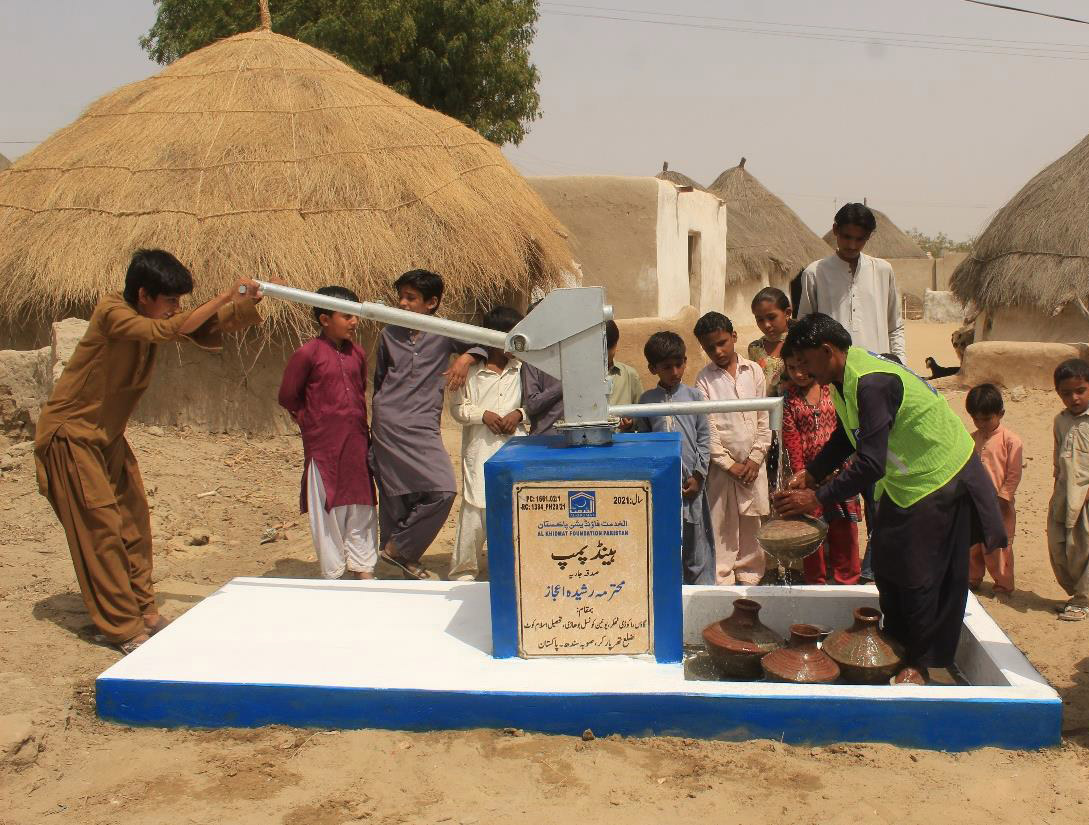
types of waterwells and their costs
Submersible Water Pump with Water Tank
Serves 200-300 people
Construction 4 months
Cost: USD 1,100
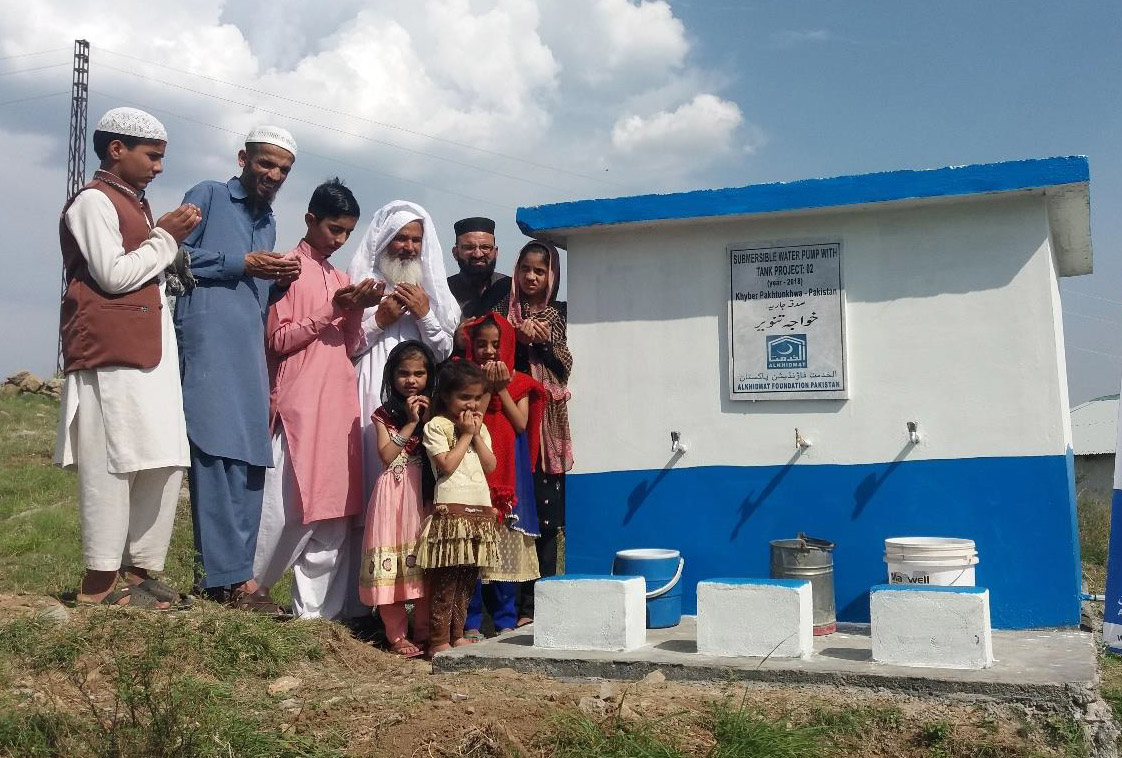
types of waterwells and their costs
Small Solar Water Well with Water Tank
Serves 200-300 people
Construction 4 months
Cost: USD 1,700

types of waterwells and their costs
Big Solar Well
Serves 1000-1500 people
(usually sufficient for whole village)
Construction 5-6 months
Cost: USD 13,000

why the need?
Water insecurity is already imposing significant social, environmental, and economic development challenges for Pakistan. In recent years, climate-induced disasters (floods and droughts) have highlighted the urgency to introduce climate-resilient solutions for improved water governance at all levels. In 1980, Pakistan had a relatively abundant supply of water. In 2000, Pakistan had become water-stressed and by 2035, Pakistan is predicted to have become water scarce.
Read the full article on https://nation.com.pk
Access to water is a key problem for the district of Tharparkar, which comprises an area of 22,000sqkm. More than 1.4 million people and about five million heads of livestock live in the area, where annual rainfall averages can be as low as 9mm, and drought is common.
To cope with this water scarcity, organizations like us with local partners like FRDP, AlKhidmat have constructed numerous waterwells to bring some ease in the hardened lives of the pepople of Tharparkar. Various approaches including solar-powered reverse osmosis technology, solar pumps, groundwater extraction through dug wells and hand pumps, rainwater harvesting, pipe water supply etc are being undertaken simultaneously. However, Tharparkar desert is categorically distributed in various ecological zones based on the topography, soil condition and water table. Hence, some different and unique water coping approaches are needed zone wise.
The country has been increasingly cited by international organizations for being on the brink of water scarcity because of its declining per capita water availability. We are reaching villages that never had access to water at close proximity.
QUESTIONS?
Whether you’re curious about our foundation, or specific causes, we’re here to answer any questions.

